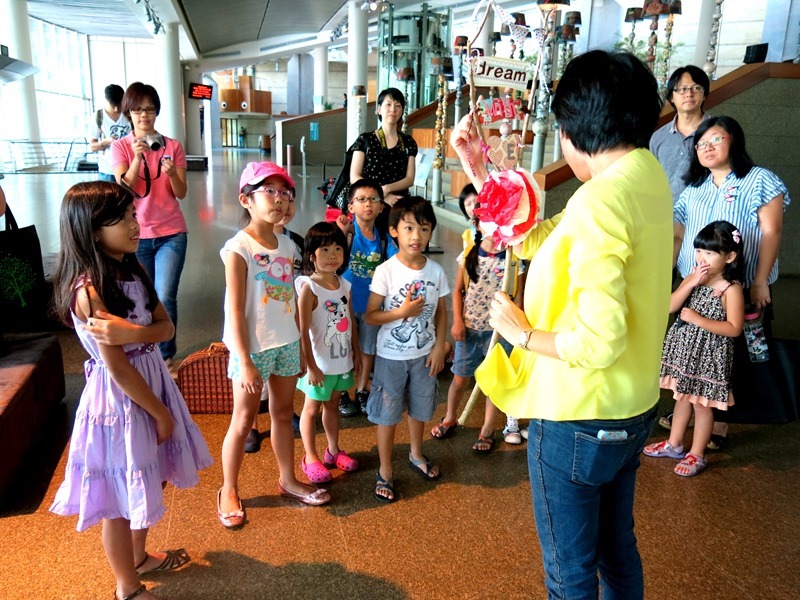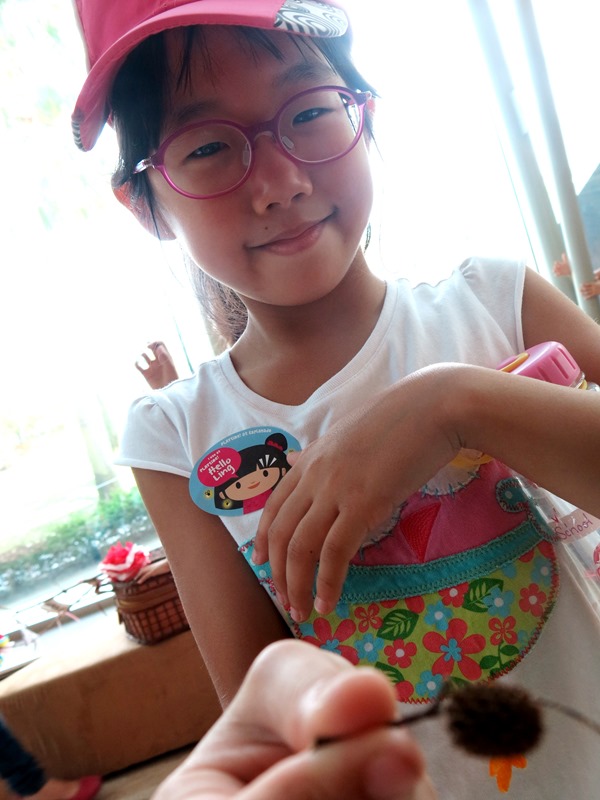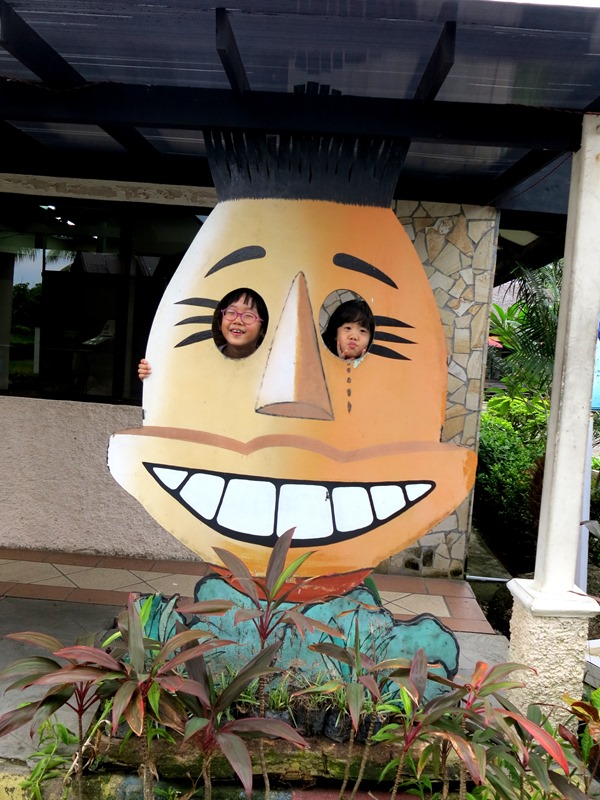Advertorial
Despite talks about how tiring it is to be a mom of two hyperactive kids, deep down I know how blessed I am to be able to conceive easily and have kids when I plan to have them. I know it's not something I should take for granted, and I know it well because I've got many friends around me who have difficulties conceiving and I've seen how many of them struggle through it with much heartaches and distress.
While declining birth rates is a hot topic of concern in many countries, the impact of it is felt the greatest in the Asia-Pacific region. In Singapore, we have measures in place to encourage couples to give birth to more children by providing Baby Bonus, subsidies for childcare facilities and medical services, etc. It is obviously a growing and worrying problem.
Yet, I personally think that a more worrying problem would be that couples who face infertility problems (Infertility is defined as the failure to achieve a successful pregnancy after twelve months or more of regular unprotected intercourse) are not seeking helping or treatment. There are many factors for this, of course. For one, there is a social stigma associated with infertility and seeking external help for such a problem. Asians, especially, have this fear of 'losing face' if they admit they have a problem. Because of that, many couples delay in seeking treatment or choose to live in regrets for the rest of their lives. Another main reason is that as our society becomes more and more affluent, both men and women are offered increasingly-attractive career options, and that affects the age that people get married, and thereafter try to conceive. Everyone knows that the conception chances decrease as the couple gets older. With more and more people choosing to get married at an older age, the conception rates decrease as a result. After 35 years old, chances decrease dramatically for women.
One of the interesting findings from the Starting Families Asia study done on 1,000 women from the Asia-Pacific region was that there are many misconceptions around fertility treatment that need to be corrected. Although there is widespread confidence in the safety and efficacy of treatment, potentially prohibitive factors such as cost and lack of information about where to find treatment need to be addressed.
The truth is there are many viable options out there for couples facing infertility issues and there are even government grants & subsidies available to couples seeking such treatments. That is what I would tell my friends who tell me they have been trying to conceive for at least a year to no avail. Around me, I've got many friends who sought timely treatment and are now leading happy and fulfilled lives with their kids. One of them even had non-identical twins! I was especially touched recently when I heard about a friend who was trying to have a second baby. Despite conceiving easily the first time round, she was having difficulties conceiving the second time and after trying for a while (this, unknown to many, is known as secondary infertility), she decided to opt for IVF immediately because she wanted to exhaust all possibilities in order to give her daughter a sibling. She is a great proactive mom in my opinion.
As much as we may not want to admit it, infertility is a common problem - It is estimated that one in ten couples face the challenges of infertility. However, the majority of couples with infertility issues remain untreated. Although effective treatments are available, only 56% of infertile couples seek and 22% receive medical care against infertility. In Asia, with persisting social and personal barriers as I mentioned earlier, low fertility awareness and limited access to treatment access the figures are even lower.
What are the available infertility treatments, you ask? There are lots of information available on this website: http://www.fertilityasia.com/. The first step is to consult a fertility specialist so that various tests and diagnosis can be done before deciding on the treatment methods. Different couples may require different types of treatment to help them to conceive, but the main thing is not to sit around and wait for an indefinite period of time, but to do something proactive about it. I personally hold the belief that as long as I've tried my best and explored all available options, there won't be any room for regrets. A couple friend of mine tried IVF for a second time even though they were very disappointed that the first treatment was unsuccessful. Because they didn't give up, they are now happy parents of a beautiful baby girl. :)
Break the Silence: Fertility Week Asia kicks start on 25 August this year. I think this is a very apt time to share all these information with those of you reading this and who may be looking to become parents. It is so very important to have the right information and knowledge on issues relating to fertility and reproduction. What a waste it would be if we failed to check out options that can help us become parents and have an experience of a lifetime. Some people may choose not to have any children, but for those who do, they will agree with me that kids are some of the best things in our lives, and they are worth every effort making it possible. If you are one of those facing infertility issues, do not hesitate anymore - Seek information today.
Do check out these sites to know more:
Fertility Asia
Singapore Government Grants pertaining to Assisted Reproduction Technology
P/S: I've been engaged by Germany-based global pharmaceutical company, Merck Serono, to promote awareness on the topic mentioned in the blog post, along with the necessary facts and statistics, but all other opinions are mine.
































































